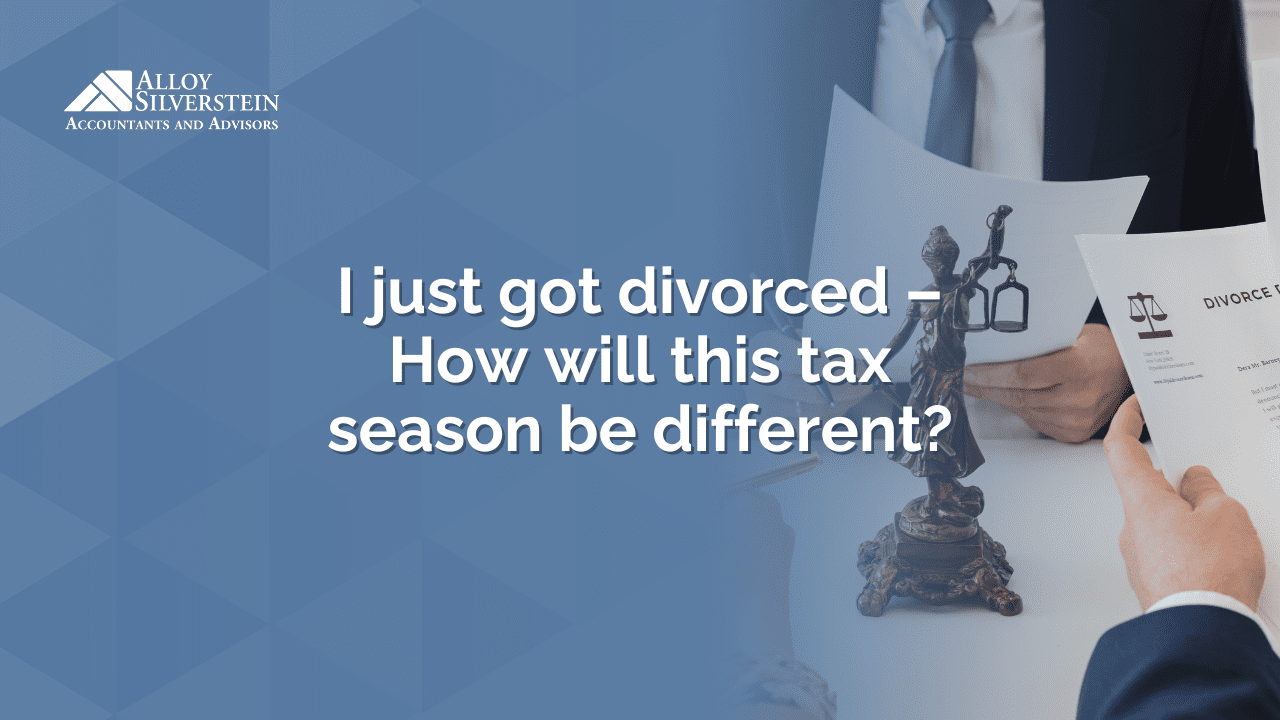
Today, we’re diving into a topic that might not be the most fun to think about, but it’s really important—especially if you’re going through it. We’re talking about the tax implications of getting divorced.
First things first, let’s talk about your filing status. Your marital status on December 31st of a given year determines your filing status for that entire year. If you’re divorced by the last day of the year, you can’t file as ‘Married Filing Jointly.’ Instead, you’ll likely be filing as ‘Single’ or ‘Head of Household,’ depending on your situation. ‘Head of Household’ can offer some tax benefits, so it’s important to check and see if you qualify.
Next up, alimony and child support. Here’s the deal: For divorces finalized after 2018, alimony payments are not tax-deductible for the payer and are not considered taxable income for the recipient. Prior to that, alimony was tax deductible to the payor and includible income to the recipient. Child support, on the other hand, has never been considered deductible nor taxable income. Always remember to keep thorough records of any payments made or received.
Now, let’s talk about dividing assets. Transferring property between spouses as part of a divorce settlement usually doesn’t trigger a tax event. However, be cautious with retirement accounts like 401(k)s or IRAs. These require a Qualified Domestic Relations Order, or (QDRO), to avoid taxes and penalties when splitting these assets.
Finally, what about the tax credits and deductions regarding children? The parent who has custody of the child for the majority of the year typically claims the child as a dependent, taking advantage of credits, one being the Child Tax Credit. This can be altered by having an agreement with your ex-spouse regarding who claims the child, but that should be in writing.
Divorce can be complicated, especially when it comes to taxes. It’s a smart move to consult with a tax professional. They can help you navigate your specific situation and ensure you’re making the best decisions for your financial future.
Related Resources:

Associate Partner
In Kelly's 30+ years of accounting and tax experience, she has worked with many closely-held businesses and business owners in the real estate, retail, professional service, not-for-profit, and agricultural industries.
View Kelly's Bio →